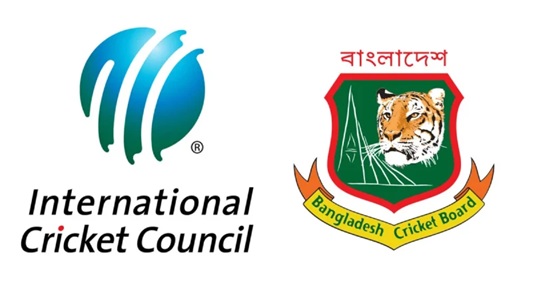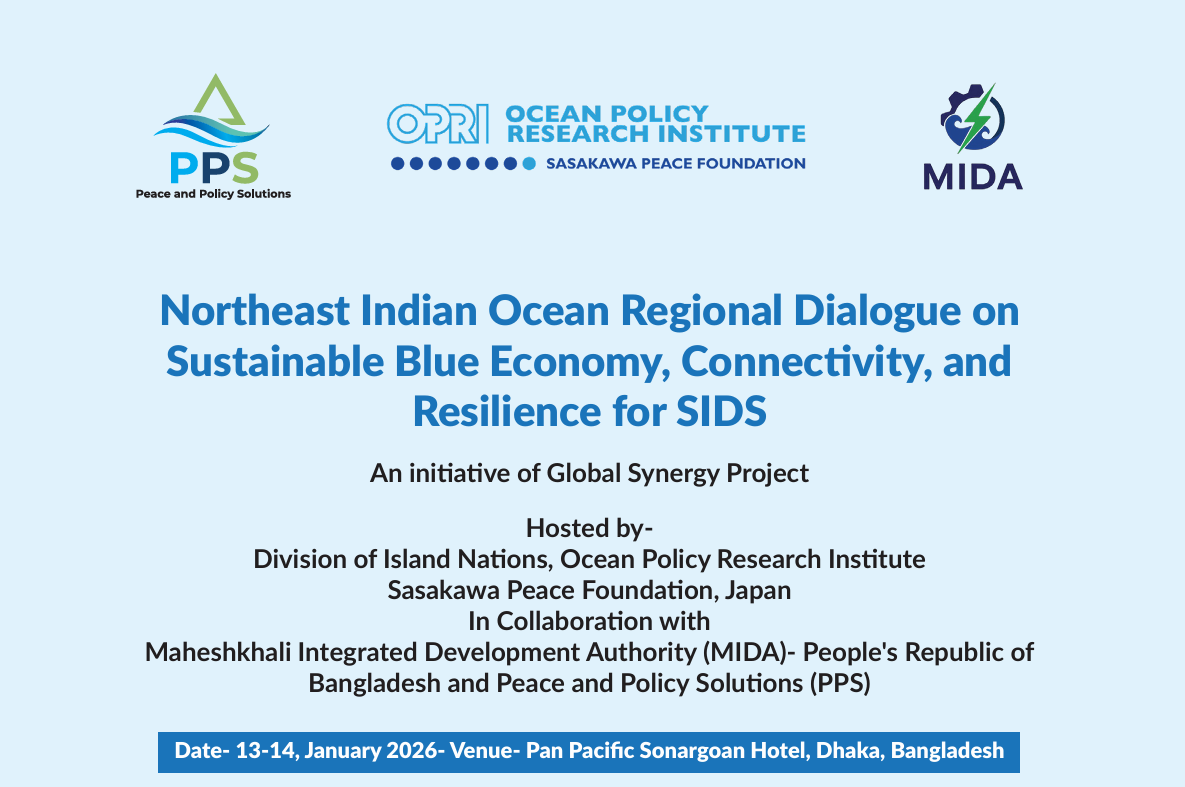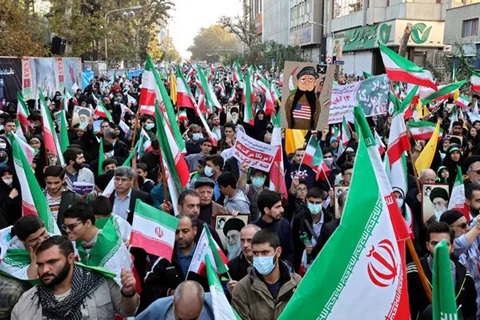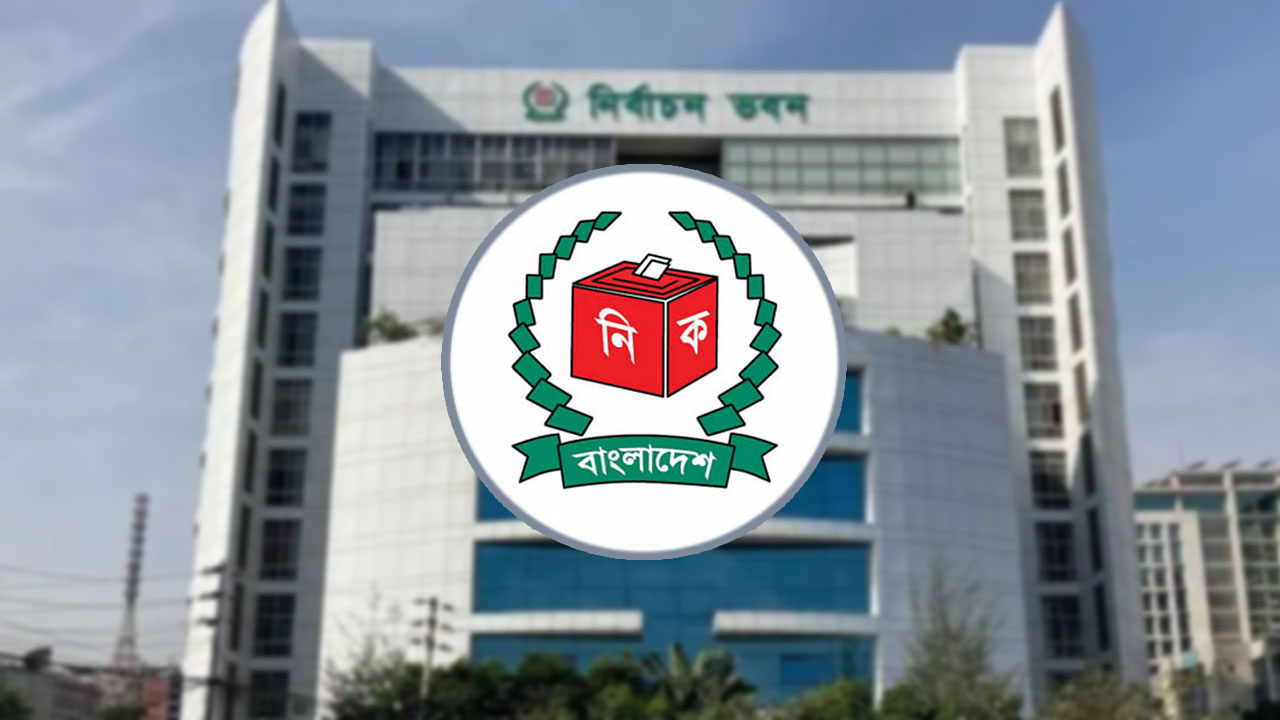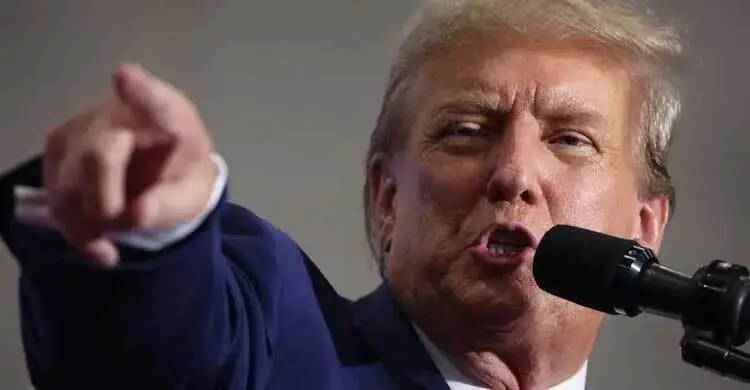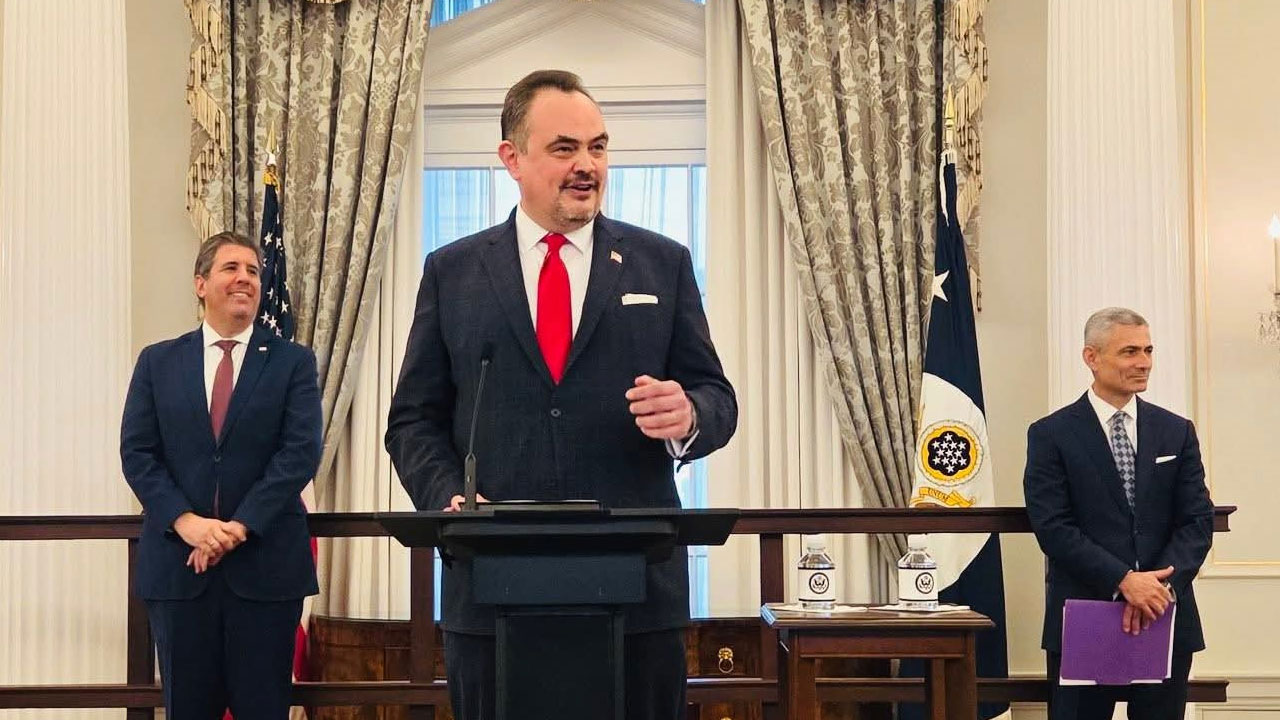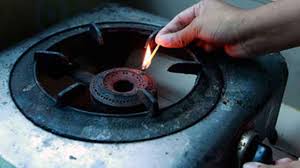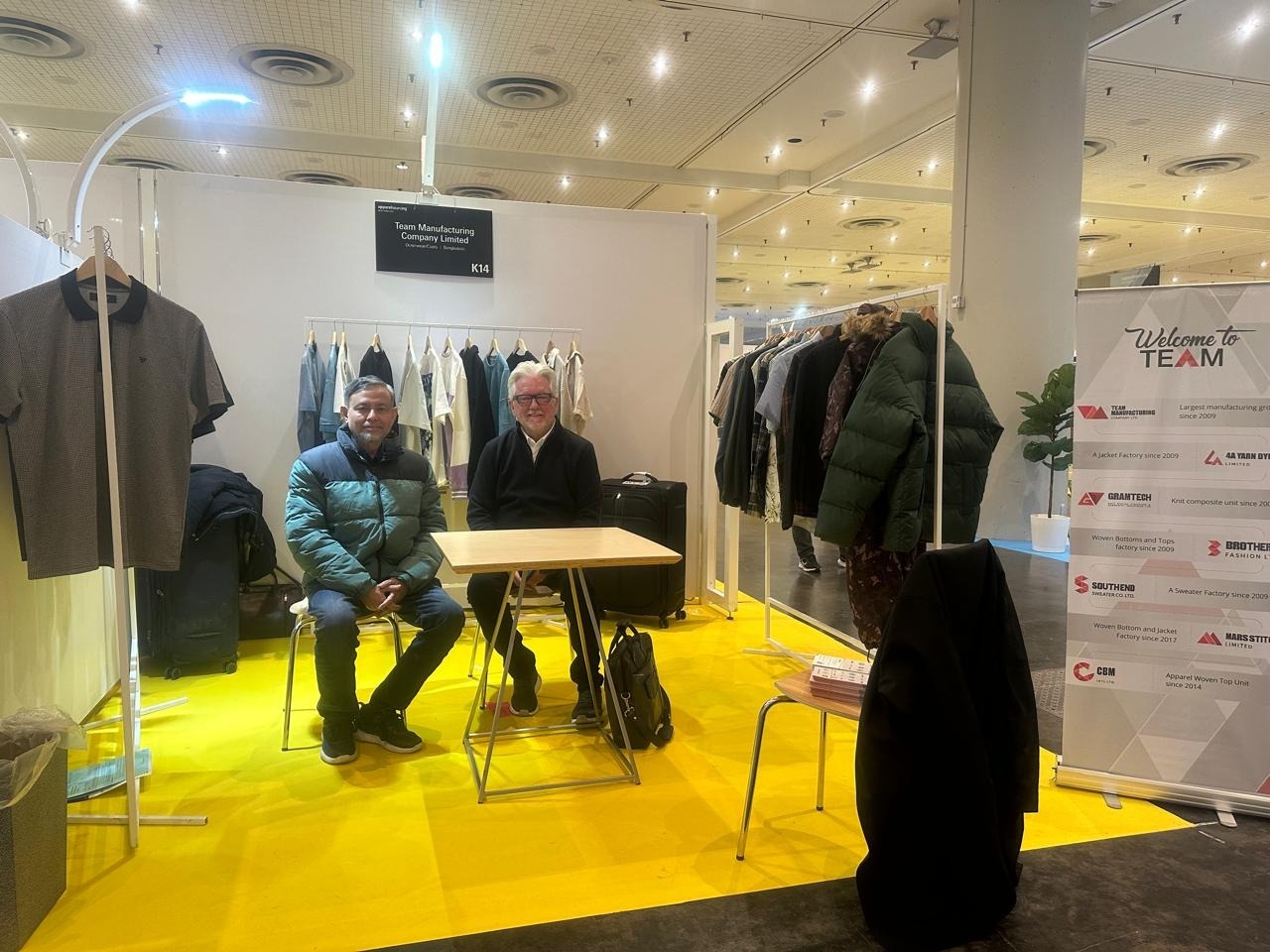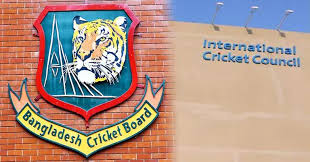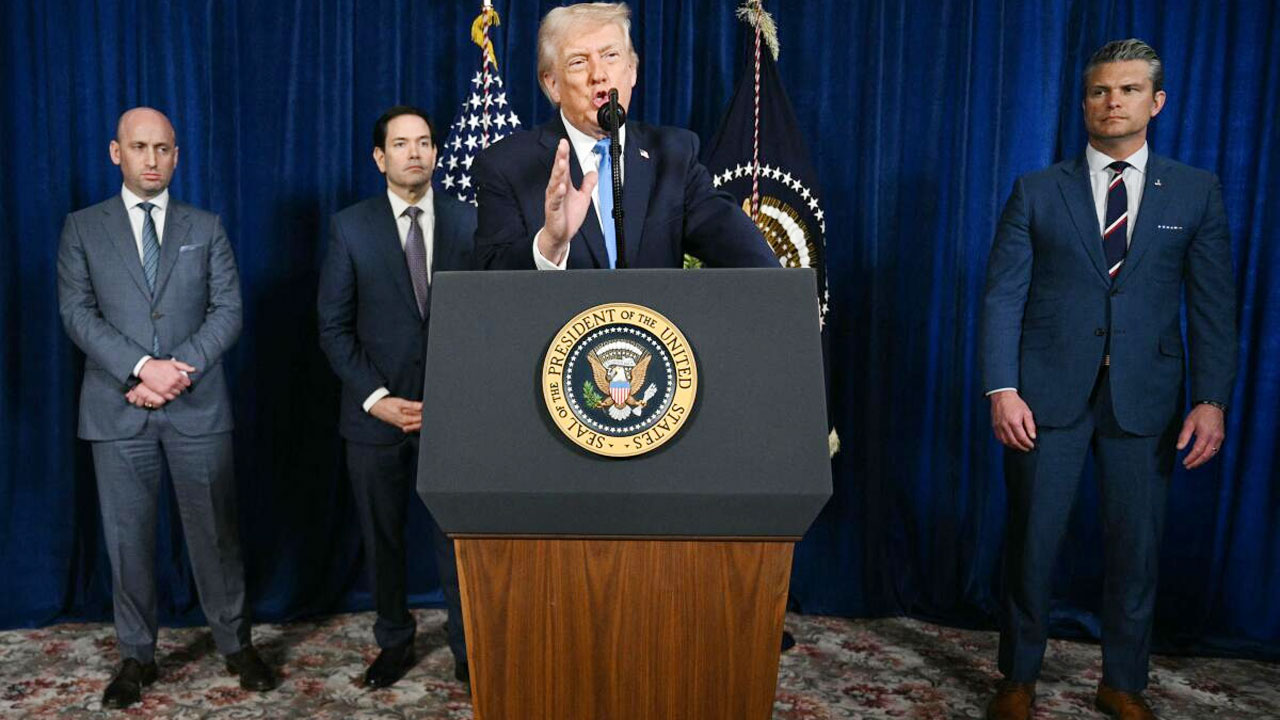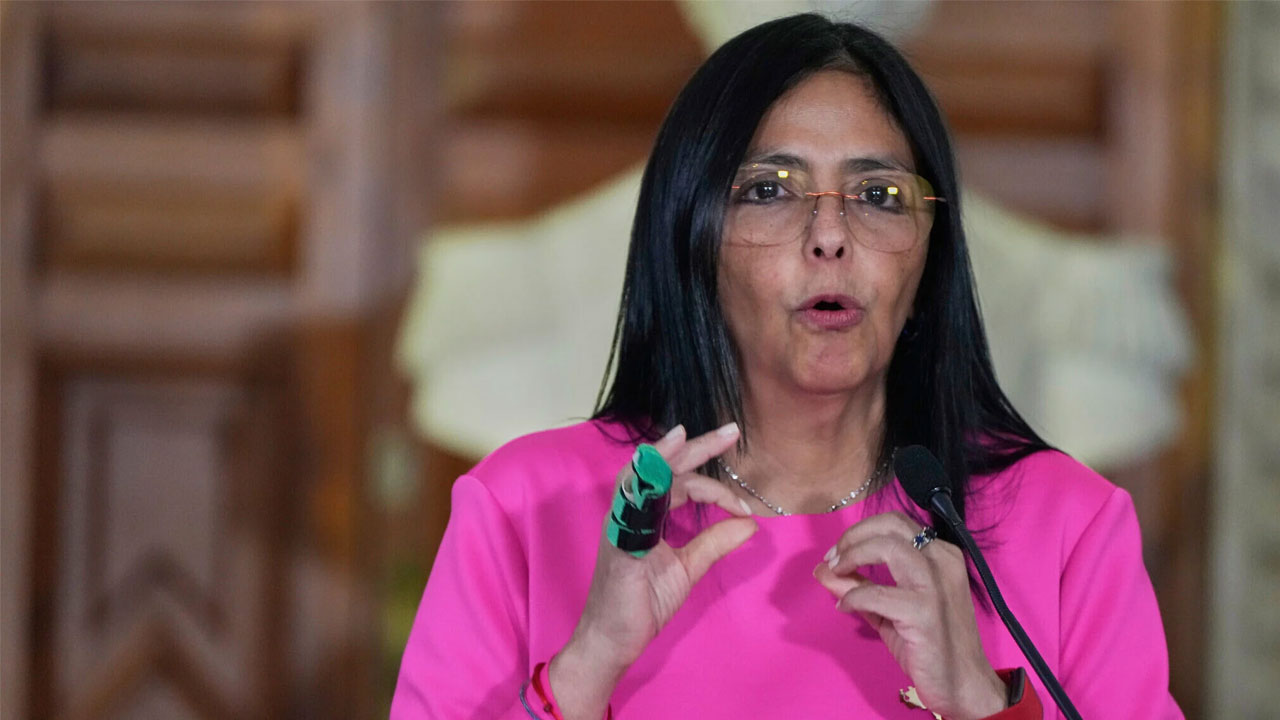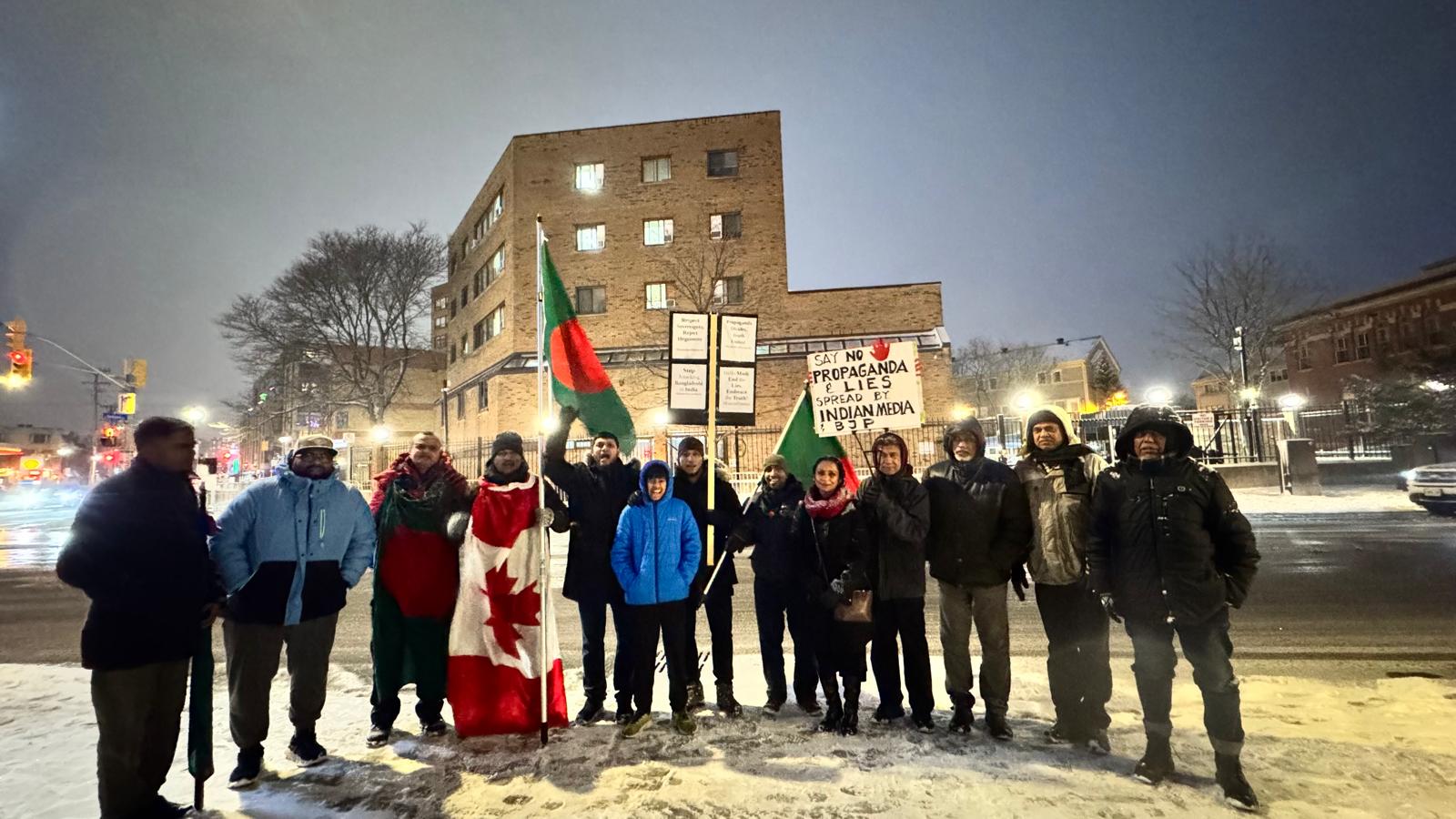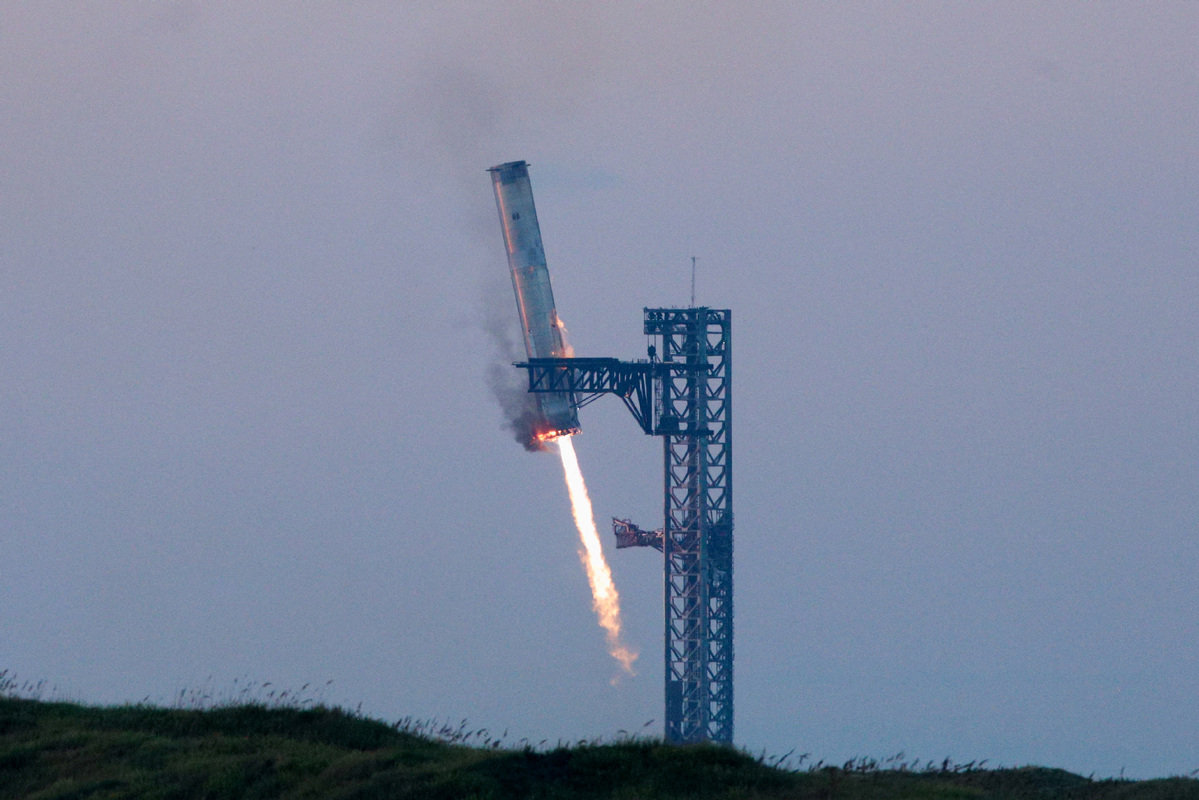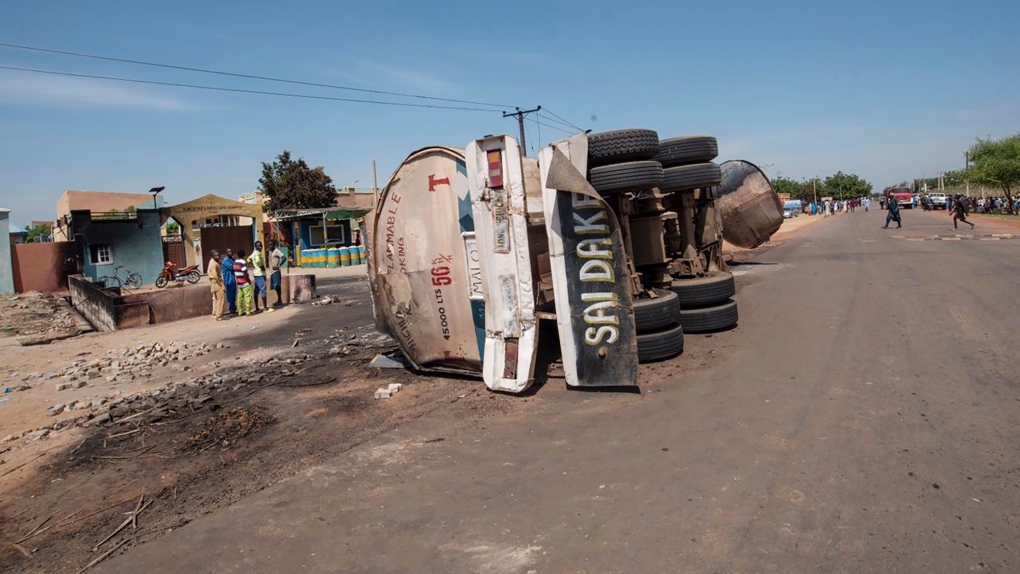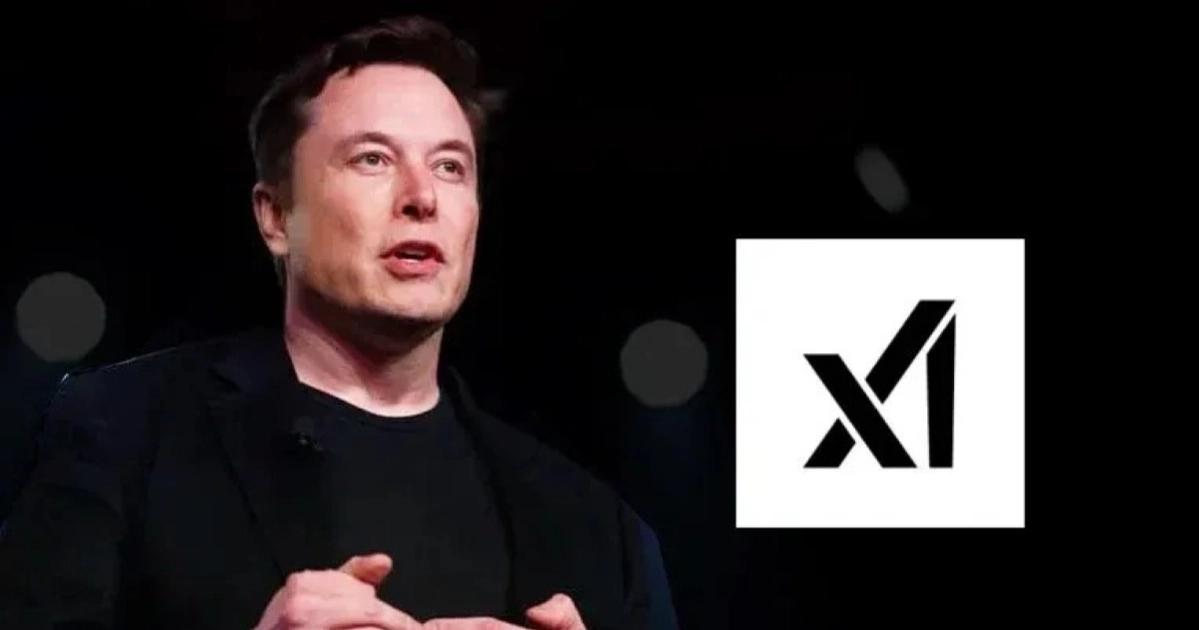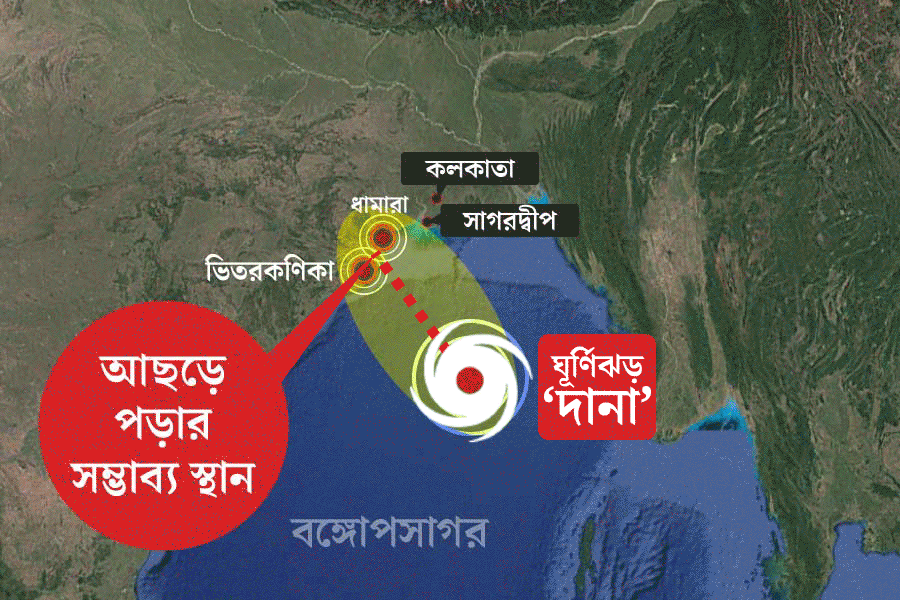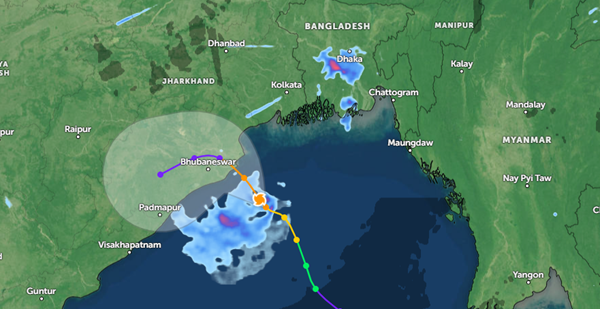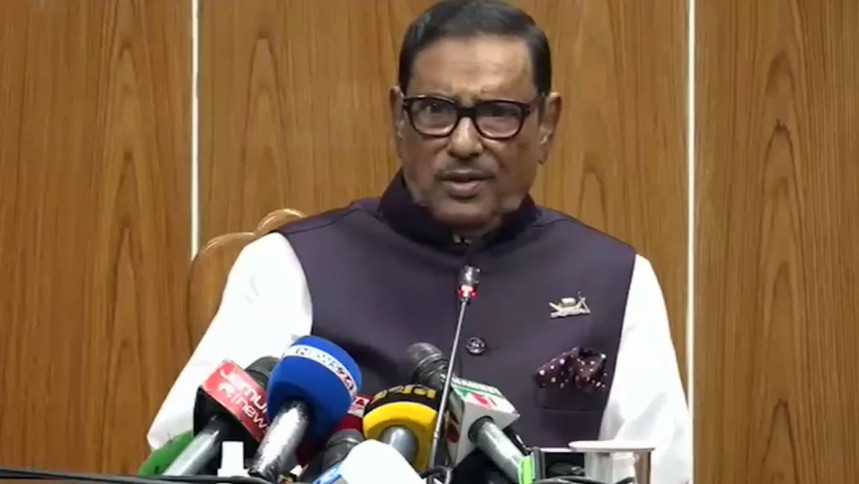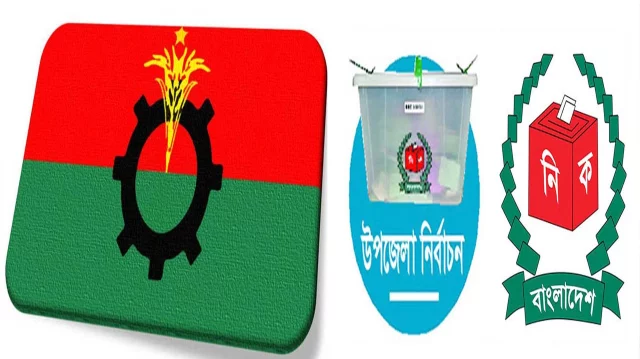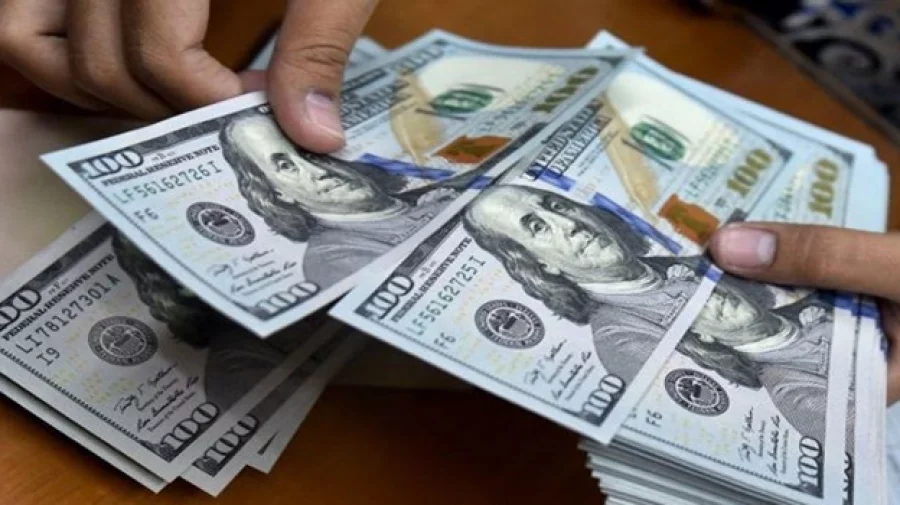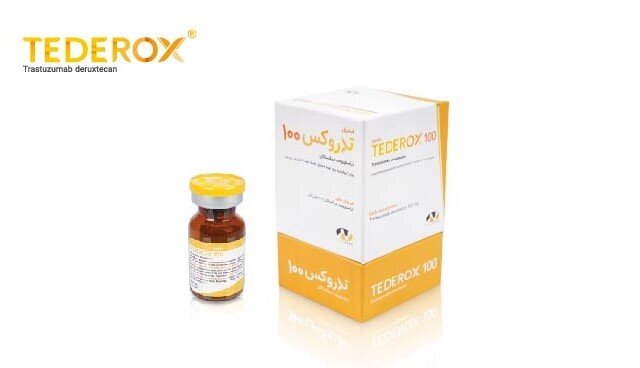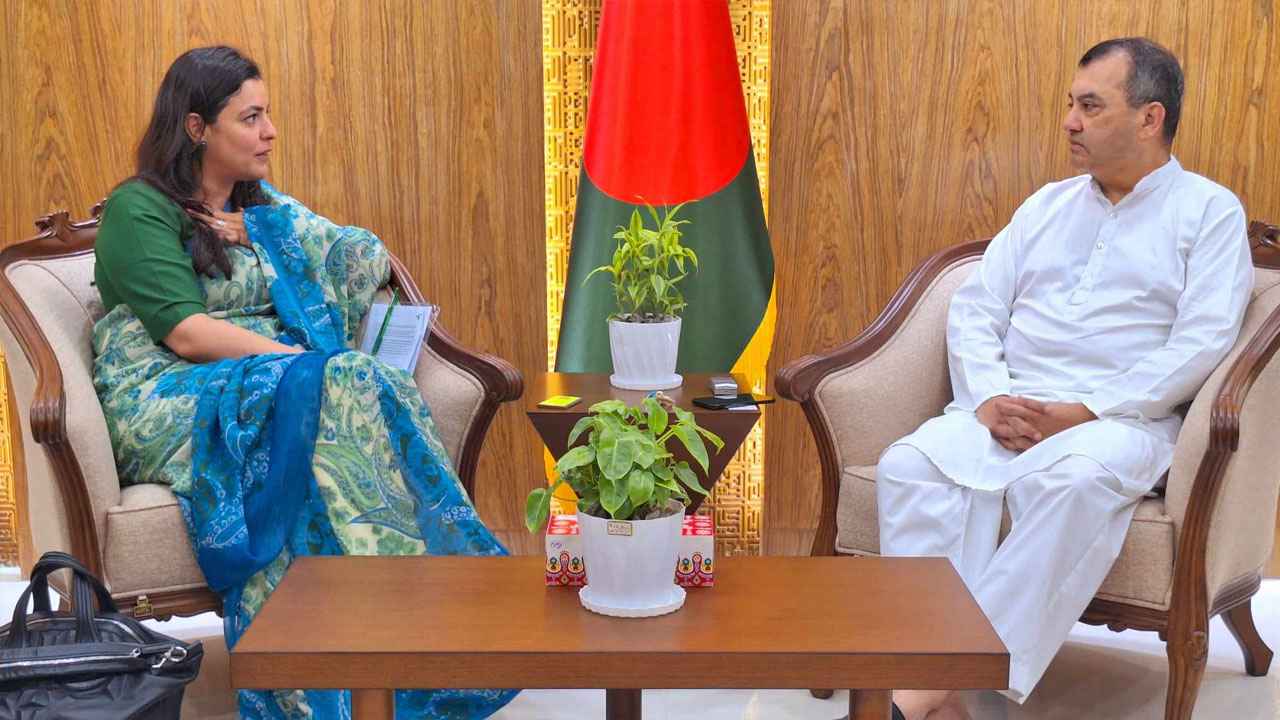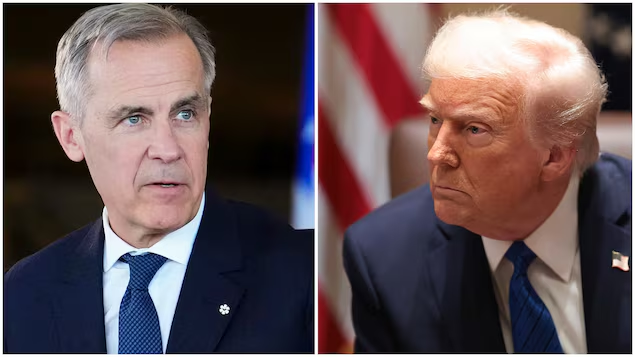
US President Donald Trump has called Canadian Prime Minister Mark Carney to congratulate him on his victory in the general election. The two leaders have agreed to meet soon.
It is expected that the two countries will begin discussions on a new economic and security relationship in the post-election period.
According to a report by Canada's public broadcaster CBC, Trump's trade tariffs on Canada and his repeated comments on the country's sovereignty were the main topics of discussion in this election campaign. In the end, Carney's Liberal Party won the election and is going to form a government. However, they did not get the necessary majority to form a government on their own.
The election result presents two challenges for Carney. He will have to negotiate with the US president, and at the same time deal with various domestic problems in the country. Carney's party does not have a single majority. And so Carney will now have to seek the support of other political parties to form a government.
Trump congratulated Carney in his first phone call after the election. This information was confirmed by the Canadian Prime Minister's Office on Tuesday.
The Prime Minister's Office also said that the two leaders agreed on the "importance of Canada and the United States working together as independent and sovereign nations."
The Liberals will have to rely on the support of others to pass legislation in the House of Commons. They also face the risk of defeat in any confidence vote.
The Liberals could get support from the weak left-wing party New Democrats. The party has supported them in the past. In addition, they could get support from the Bloc Quebecois party.
A party needs to win 172 seats to get a single majority in the Canadian parliament. The Liberals are leading in 169 seats.
Still, the result is seen as a historic comeback for the party, which had seemed on the verge of collapse just a few months ago.
Carney, a former banker at the central banks of Canada and the United Kingdom, succeeded party leader Justin Trudeau as prime minister last month. He will continue as prime minister. One issue that could make it easier for the Liberals to win support in parliament is legislation to help workers and industries hurt by U.S. tariffs. All parties agreed on this during the campaign.
Both the Liberals and Conservatives saw their votes increase in Monday's election compared to four years ago.
The Conservatives are in second place in the election, leading in 144 seats. They will serve as the official opposition in parliament.
Smaller parties, especially the NDP, have been hurt by the surge in support for Canada's two major parties. Their vote share has dropped by about 12 percent.
Voter turnout in this election was 67 percent.
Conservative leader Pierre Poilèvre and NDP leader Jagmeet Singh both lost their seats. Singh has said he will step down as leader of the left-wing party.
